Space Planning for Growing Museum Collections
Creating collection spaces designed from the start to keep pace with future acquisitions.
It’s hard to predict how museum collections will grow in the future, and new acquisitions almost always exceed the space available to house them.
Over time, this can lead to serious overcrowding issues and less-than-ideal preservation conditions. Overcrowding can also make collections less accessible for activities like research and exhibit preparation. Here are the Top 5 Ways to ensure your museum is prepared for future growth:
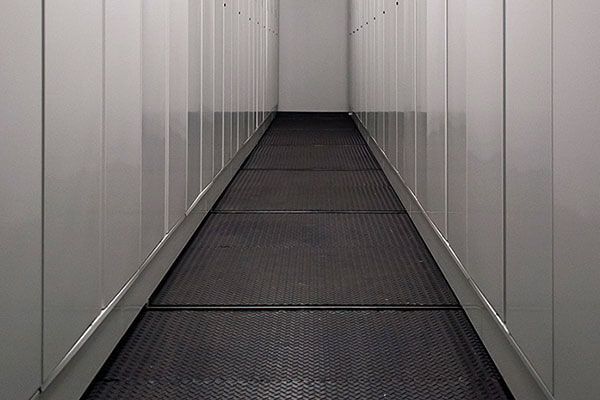
1. Installing Extra Rails
As part of a major renovation, the Delta Flight Museum worked with the local Spacesaver consultant to design and install an in-floor rail system that filled the collections area. By planning ahead and installing the rails during construction, the museum is ready to install new carriages, cabinets, and shelving as collections grow.
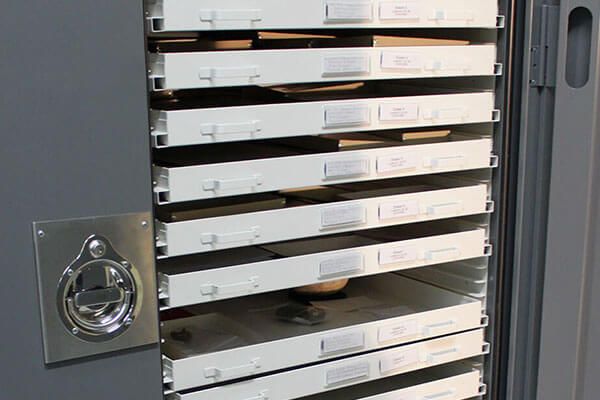
2. Using Modular, Configurable Cabinets
Although it’s important to make thoughtful estimates as to how collections will grow and change in the future, cabinets with reconfigurable interiors allow for a great deal of flexibility as time goes by. Spacesaver 920 Series Preservation Cabinets can be fitted with interchangeable drawers, trays, hanging rods, and shelves to accommodate your current and future storage needs.

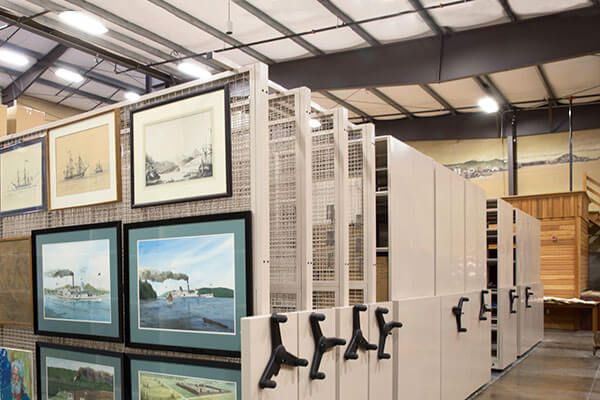
3. Planning to Go Vertical in The Future
Spacesaver designed a high-density mobile system at the Columbia River Maritime Museum that could accommodate much taller shelving than was originally installed. This cost-saving measure gives the museum some room to grow in the short term, and taller shelving can be installed later to take full advantage of the vertical space in the warehouse for museum collections storage.

Museum Preservation
Museum Preservation

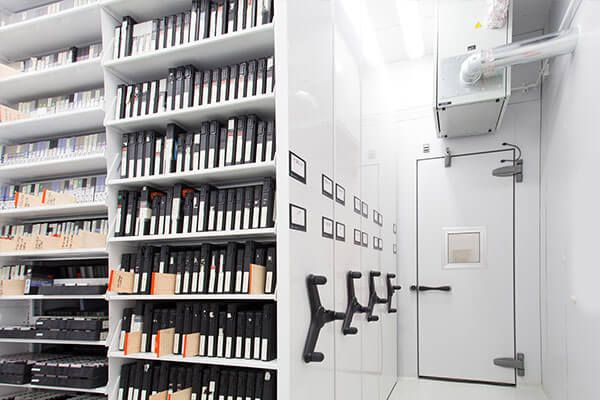
4. Building Extra Capacity in Cold Storage
We helped the Denver Museum of Nature and Science design and implement a cold storage solution to consolidate and preserve film, prints, tapes, and other materials that had been stored in various areas throughout the facility, as well as projected future acquisitions.

5. Conducting a Space Assessment
It’s vital to start planning for collections growth before a crisis strikes. The collections storage planning process starts with a space assessment that can be conducted by your local Spacesaver consultants. They’ll measure your space, evaluate your existing equipment, and help make sure your collections storage areas make the most of every cubic inch of space, now and into the future.
Next Up in Museums
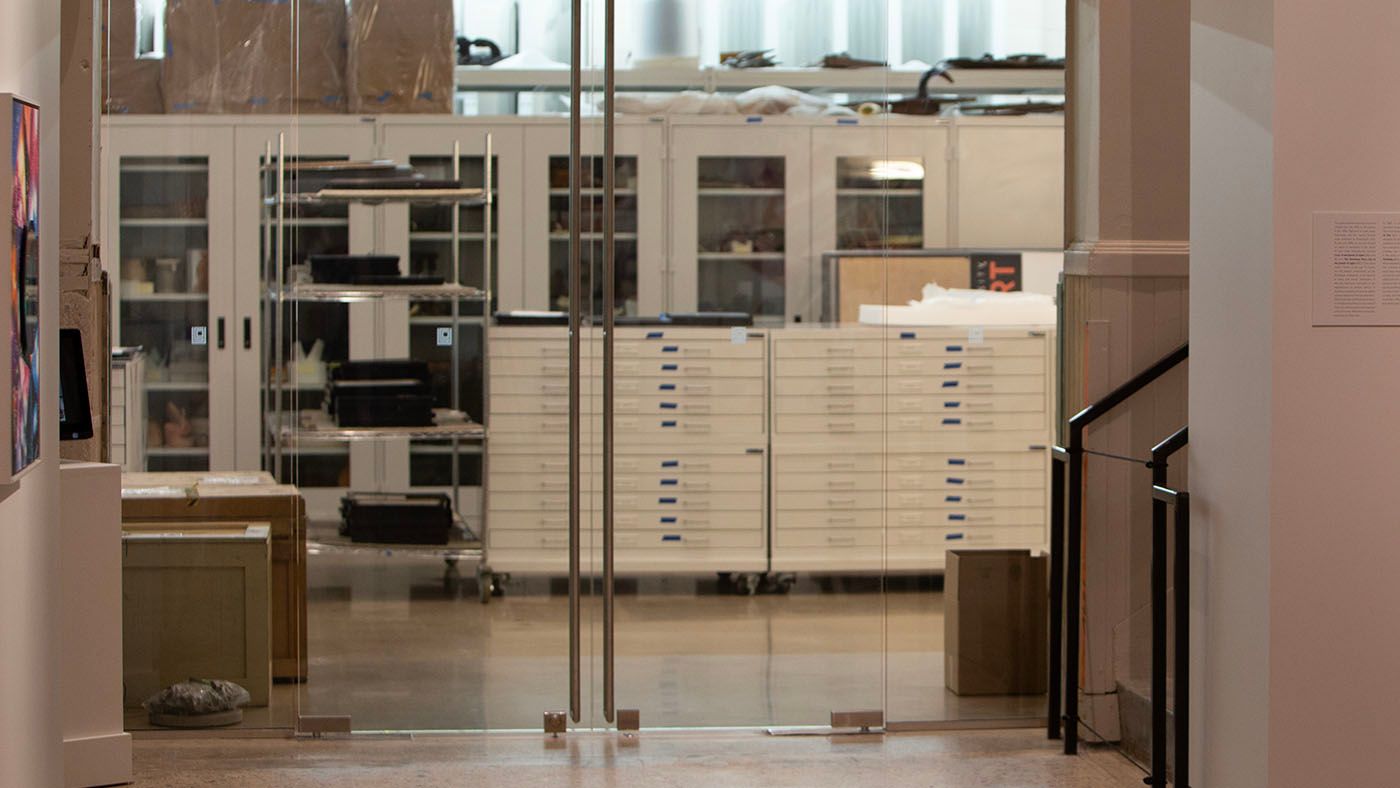
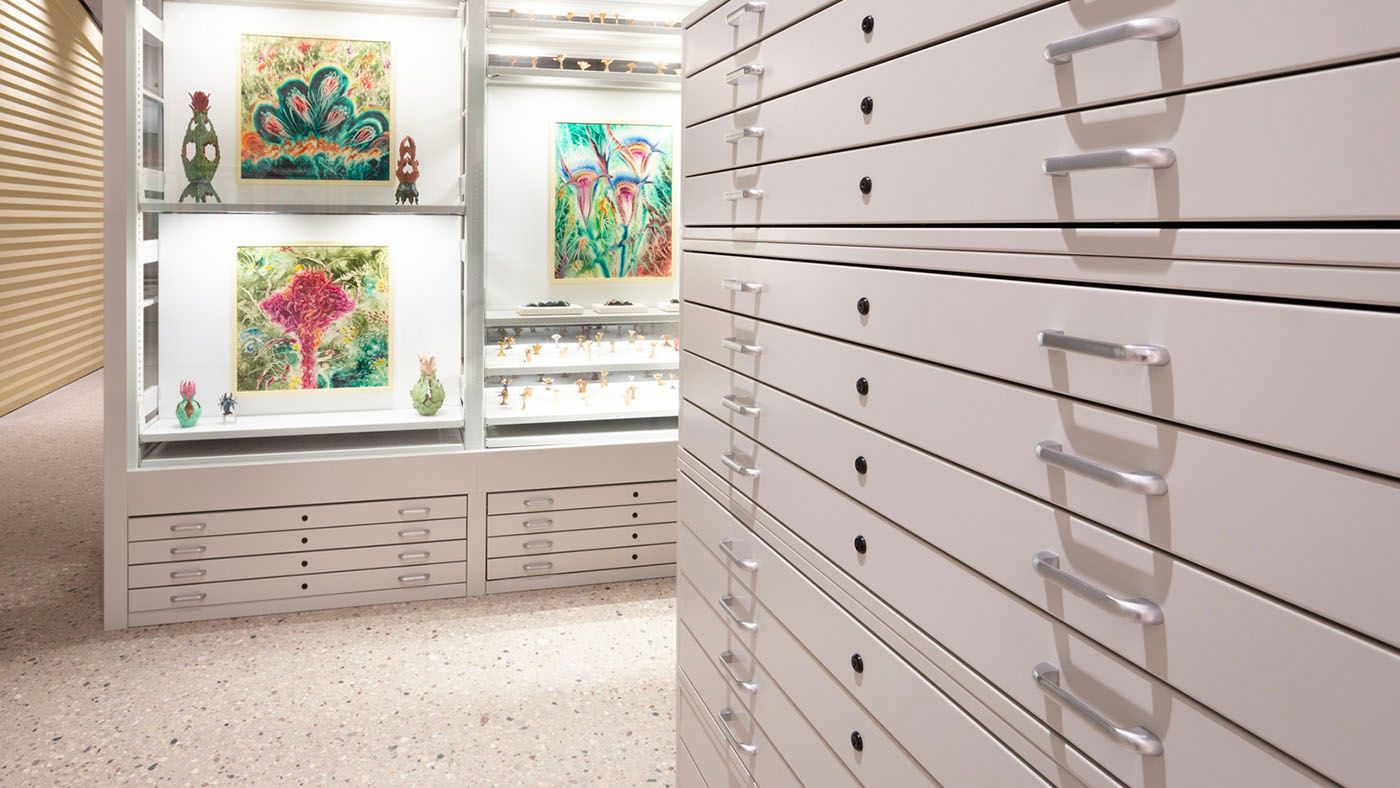
Secure and Preserve Your Art Collections with Premium Museum Storage Cabinets
Read On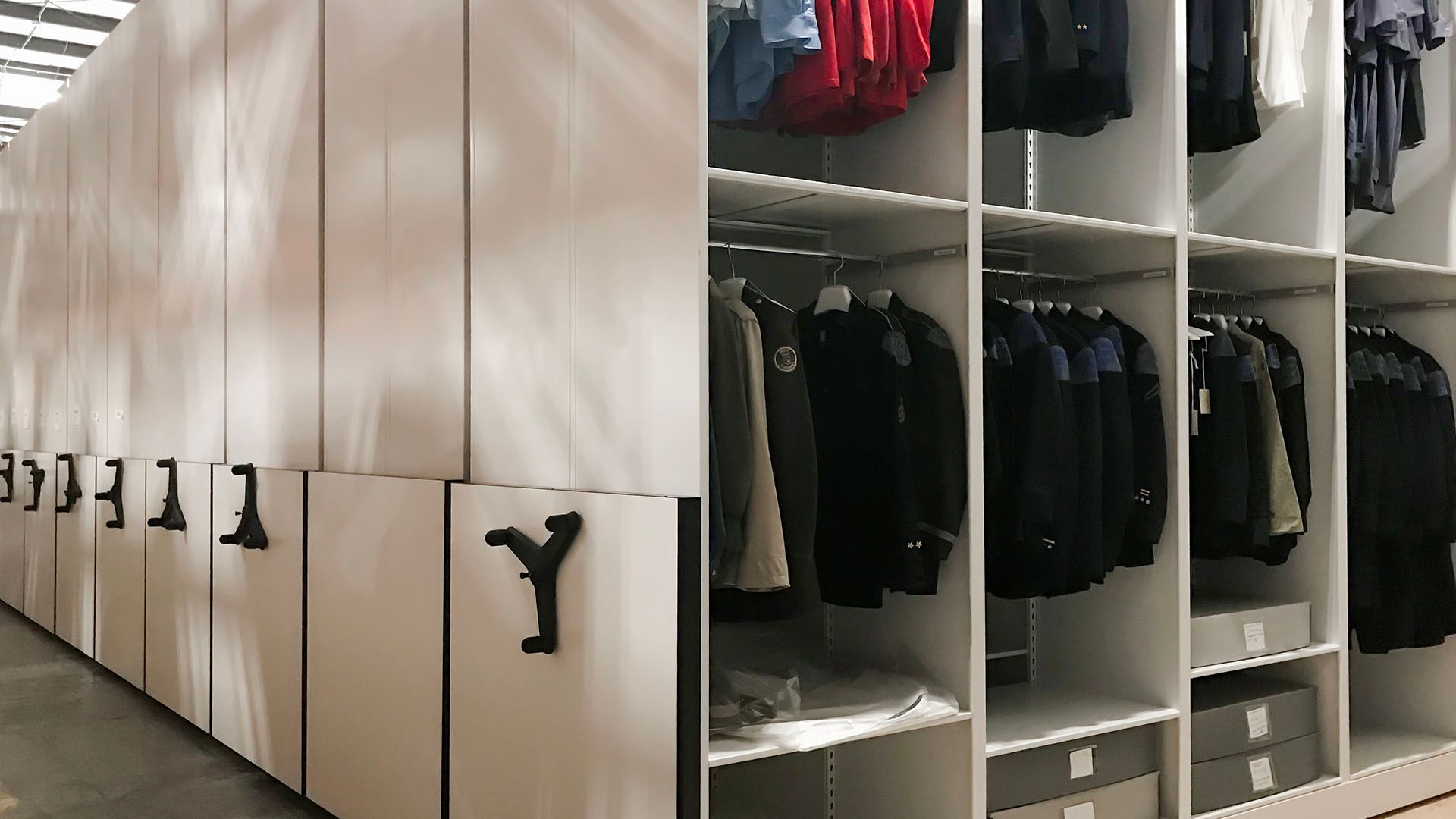
Storage solutions for preserving historical artifacts in limited spaces.
Read On